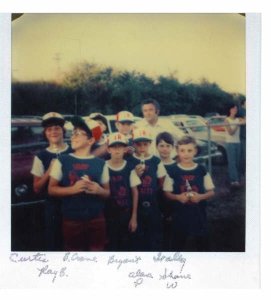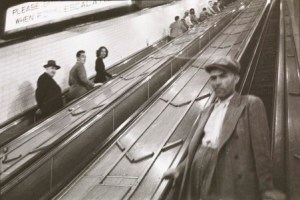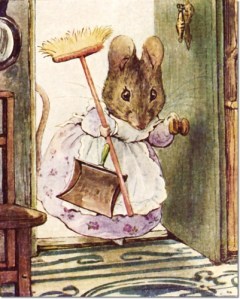I am once again back in Kansas, visiting my parents. My days are mostly filled with trips to Bartlesville for my Dad’s radiation, several trips to grocery stores and bakeries throughout southeast Kansas and northeast Oklahoma, and driving around Independence, with my dog, looking at old houses and buildings. My Dad is doing well, all things considered.
I get a little bored, our entire day revolves around a 10 minute radiation session. That’s not a complaint, it’s kind of beautiful really. Ten very important and hope filled minutes.
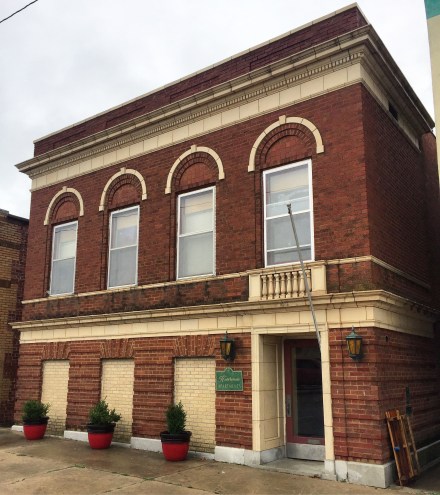
I like the downtime. I like taking my dog Ricky out with me for a walk or a drive. I take him to Riverside Park and we walk around the fountain. Tonight, after two days of rain, the sun had returned, with a few lingering dramatic clouds. The trees a little greener, the sky bluer, I wondered if maybe this was the most beautiful spot on earth. Had I really travelled the world in search of paradise when all this time it was yards away from me?
I’ve said it before, but I can’t believe that after dreaming, moaning, bragging during my entire childhood that I would someday leave this hick town, that I am back, in awe of its beauty. Also, charmed by peeling paint on old Victorians, haunted by houses in varying states of decay.
When I am in New York City, another place I once called home, I walk and walk and walk every day that I am there. I try to walk down every street and avenue. I ask myself when I was last on this block? Have I ever been on this block? I’ll see a structure, something noteworthy like a 100 year old church or a miniature park or a just a bakery and wonder, did I know about this and forget or never notice it before?
And here, in my most hometown of hometowns, I find myself doing the same thing. I drive down streets just for the sake of taking it in, recovering old memories, like the SCF lock-ins at the Nazarene church or the carnivals that blanketed the Washington school playground or that library that I spent so much time in growing up, reading about people who lived in faraway places.
Also, though, I discover new things, like an apartment building or a miniature park or a bottling plant and wonder, did I know about this and forget or is this completely new to me?
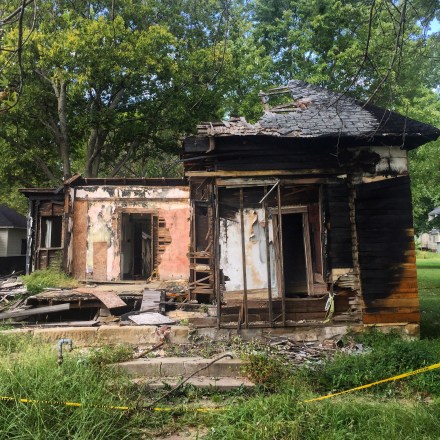
And while I drive, and sometimes stop and take pictures, I wonder, why am I doing this? Is this going to make me smarter? More successful? What am I gaining here?
To be honest, I don’t know. The other day, a friend, in all kindness, commented, “Your sincere wistfulness at the past is a lovely memory of the midwest.” I had to laugh as I wondered, am I the Miss Havisham of bloggers, weeping for a time that only lives in my memory which means maybe it never existed anyway? Am I the sentimental guy buying Don Draper’s Kodak Carousel slide machine?

From that Mad Men episode: “This device isn’t a spaceship, it’s a time machine. It goes backwards, and forwards… it takes us to a place where we ache to go again. It’s not called the wheel, it’s called the carousel. It lets us travel the way a child travels – around and around, and back home again, to a place where we know are loved.”
If you’re still with me, I reckon it’s because you have a place that holds that kind of weight for you too. I know I can’t say it better than Matthew Weiner, or Jon Hamm, but this week, these drives, these discoveries, these memories, they have fortified me.
Maybe just as all children, whether they are close to their parents or not, must eventually make peace with the people who raised them, we must all make peace with the places that raised us too. Am I the only one who sometimes blames a weakness or failure in myself on the town that raised me? That thinks, I would have had so much opportunity if I’d just been raised in New Jersey?!?! (If I am the only one, don’t tell me, let me wallow in my delusions.)
But this place, it’s pretty special. And not just because of Miss Able and William Inge and that first lighted baseball game. Much of what I am today is because of her. And just as we carry the people we love with us in our hearts, even when separated by miles and states, we carry with us, any place that we have ever called home. And Independence, I know this now, will always be my home.
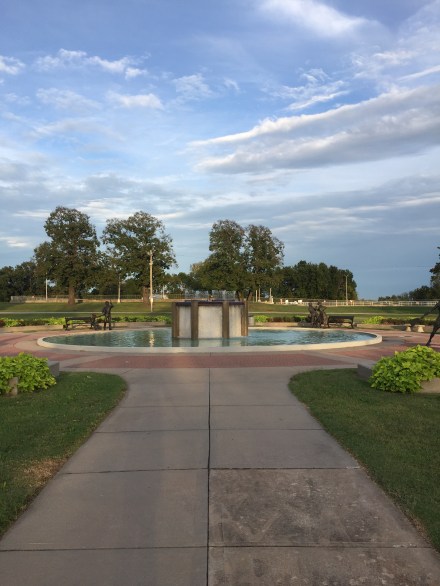
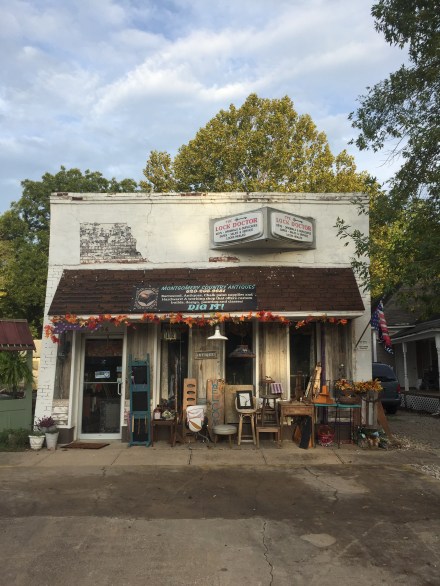
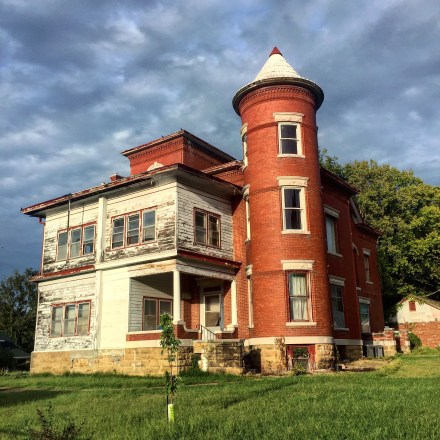
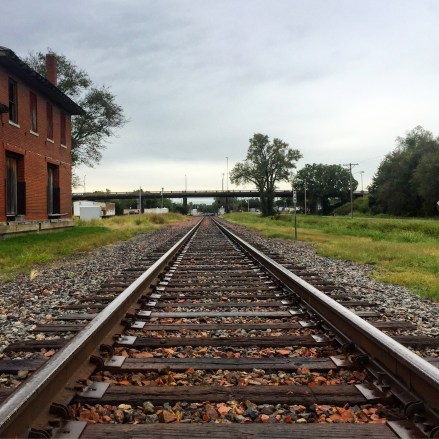
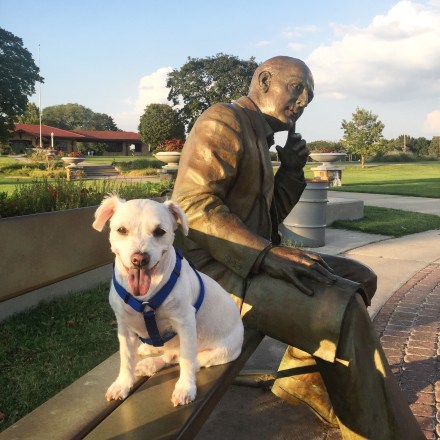

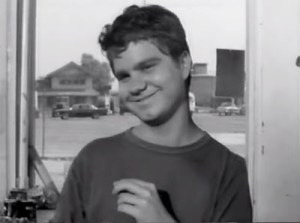
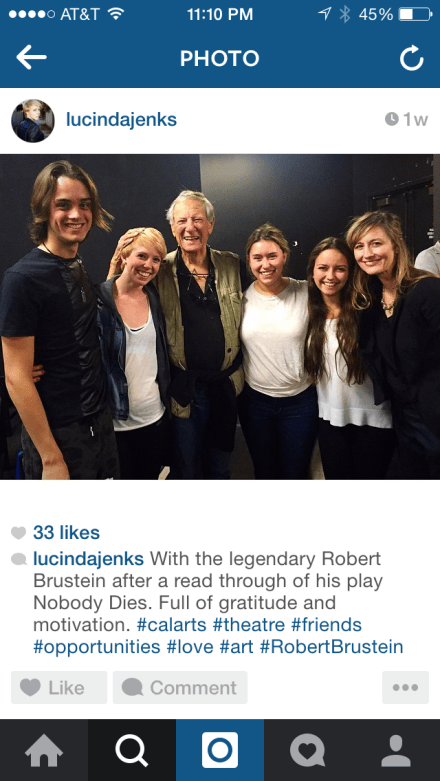 Dear Robert Brustein,
Dear Robert Brustein, 